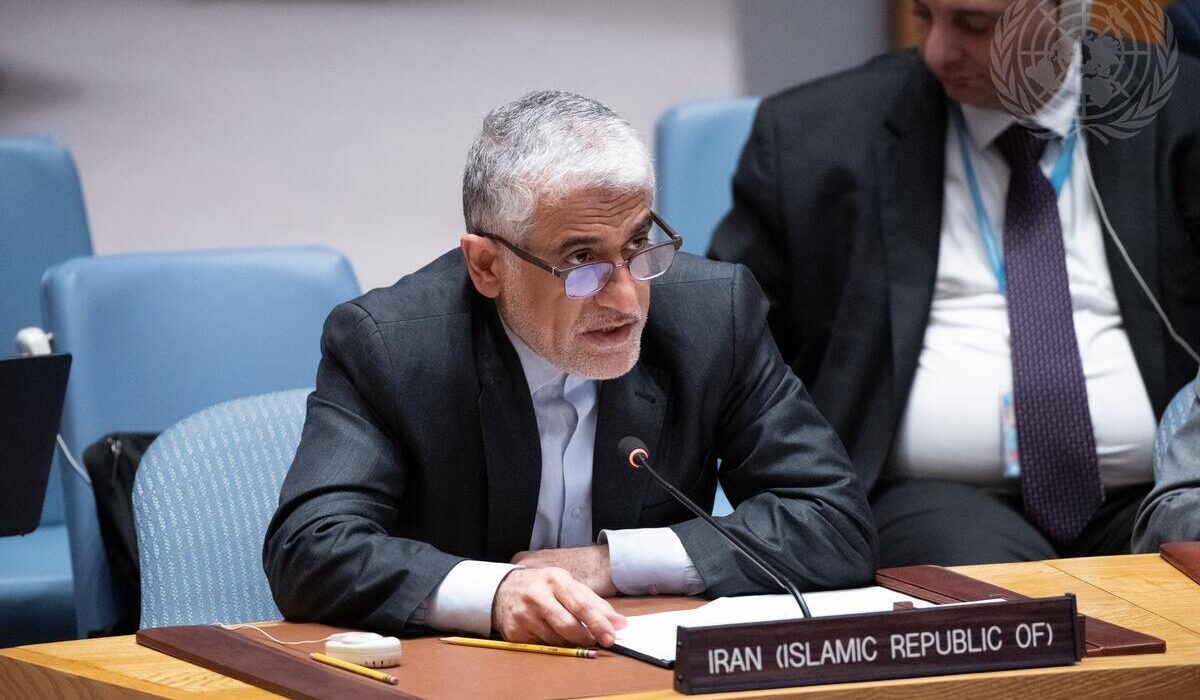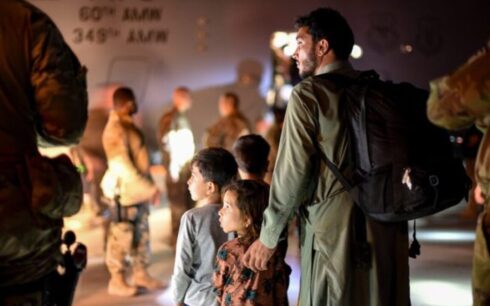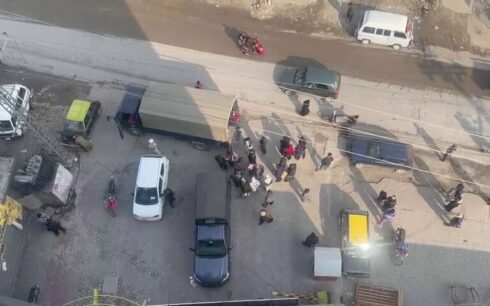During a United Nations Security Council briefing on Afghanistan in New York on March 6, Saeed Iravani, the Iranian envoy, emphasized the Taliban’s failure to foster genuine ethnic and political inclusiveness in Afghanistan.
“Instead, they have imposed stricter limitations on women and girls, restricting their educational opportunities. Additionally, attacks on minority groups such as the Hazara Shiites continue, as confirmed by a UN report,” Iravani said.
He highlighted the importance of addressing the legitimate concerns of neighboring countries in all efforts to engage with Taliban authorities. These concerns include establishing an inclusive government, safeguarding the rights of all ethnic groups, combating terrorist groups, preventing illegal immigration, and tackling drug production and trafficking.
“The establishment of an inclusive government in Afghanistan could address many issues, such as ending conflicts and reducing the influx of Afghan refugees to neighboring countries. It lays the groundwork for stability and security in Afghanistan and the protection of human rights, especially for women. A significant indicator of an inclusive government for Iran would be the improvement of Afghan lives and the return of refugees, which has deteriorated in the past two years, causing significant hardship for us,” Iravani emphasized.
He noted ongoing challenges like terrorism, drug trafficking, and border control deficiencies, which threaten the stability of Afghanistan and its neighbors. “Regrettably, de facto authorities have not yet fulfilled their obligations to combat terrorism,” he added.
“Iran, as an immediate neighbor, continues to face challenges with illegal immigration, bearing the burden of millions of Afghan refugees amid sanctions. Unfortunately, the international community and individual countries have shown little sensitivity to this issue,” the envoy stated.
He also pointed out Iran’s lack of access to basic border monitoring equipment due to sanctions, underscoring the different priorities and concerns of neighboring countries and the global community regarding Afghanistan.





